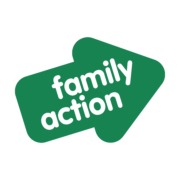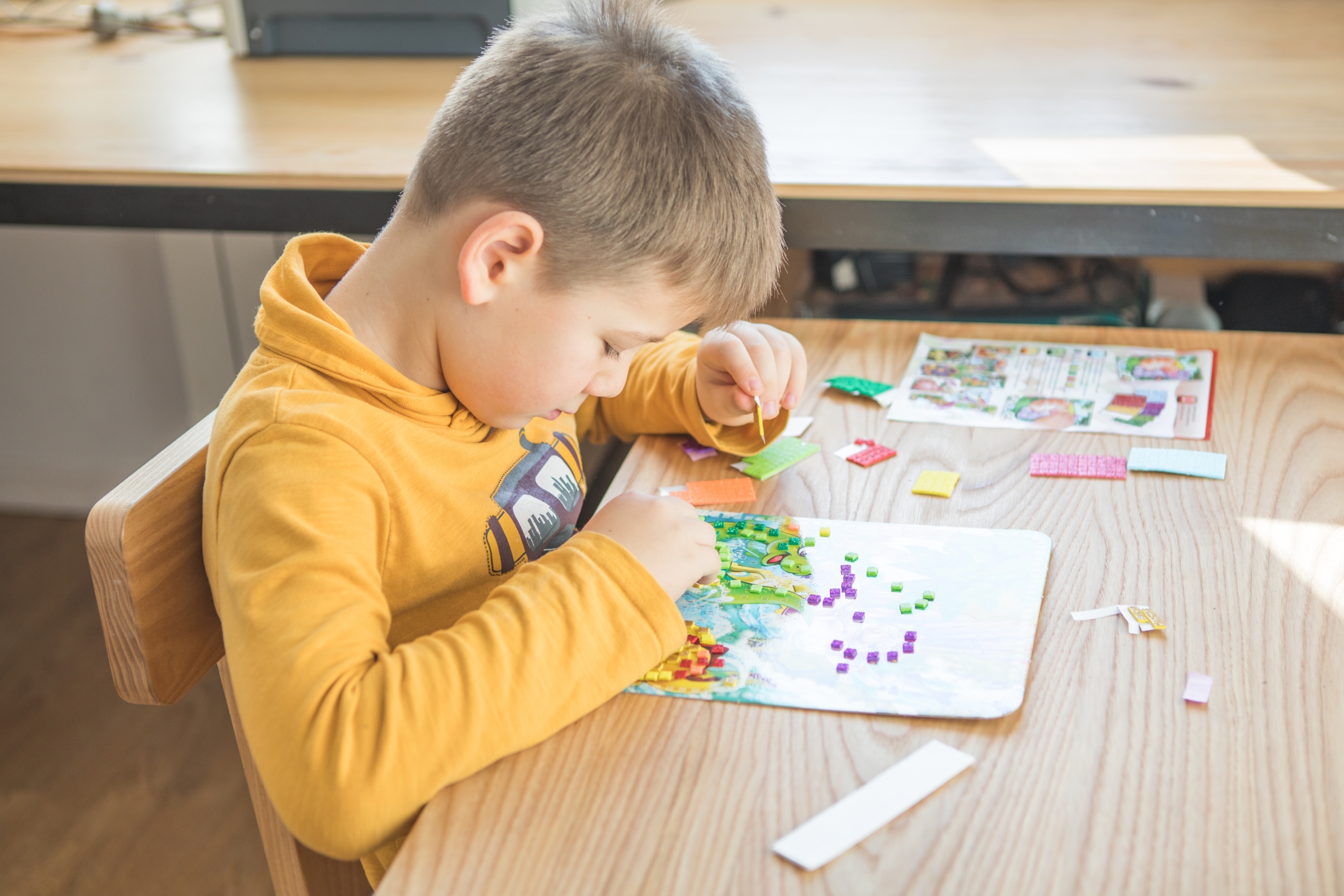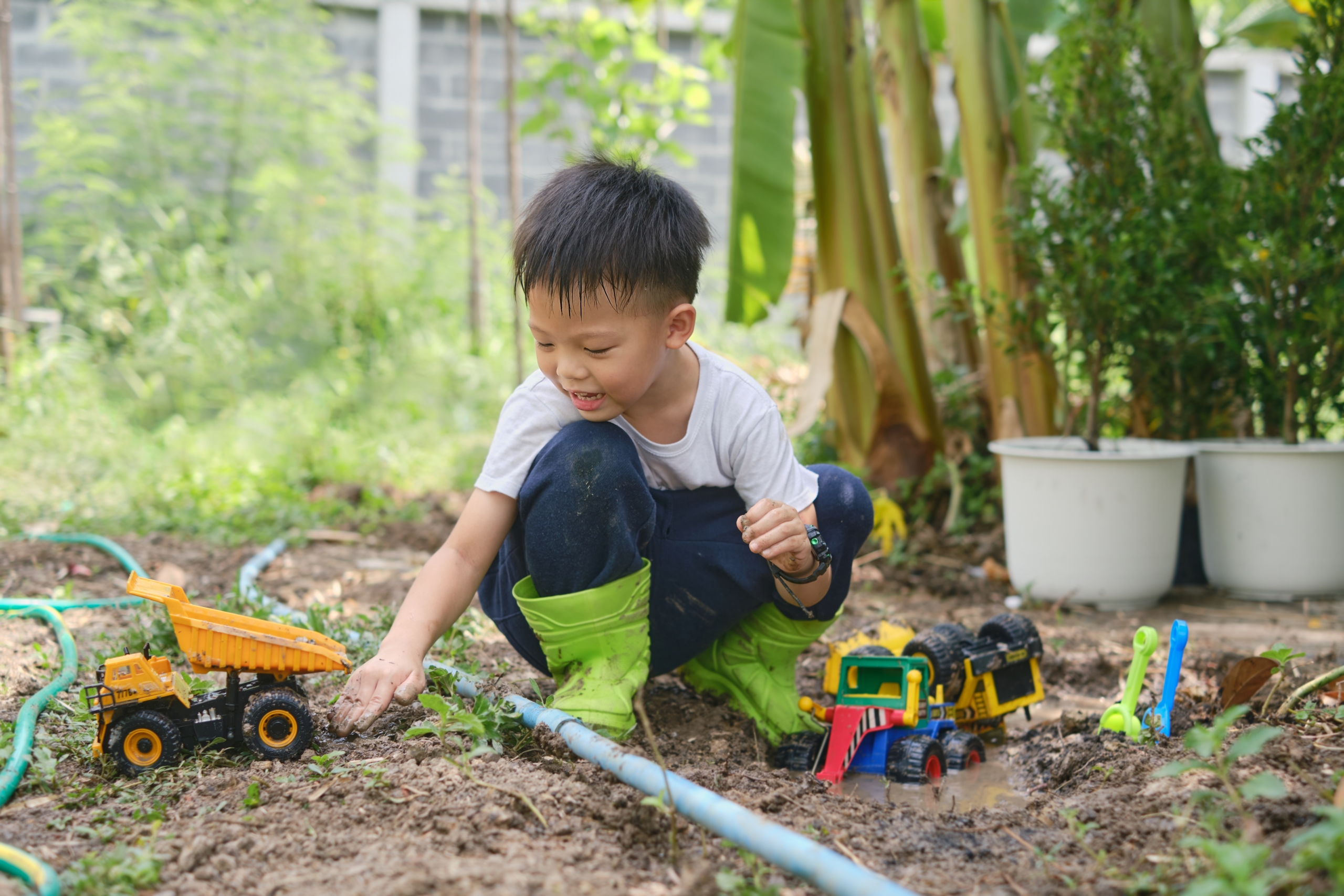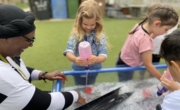Here we discuss the positive benefits of play for children and grown-ups alike.
This summer we are exploring the power of play and how important it is for a child’s day-to-day development. But that’s not the only benefit. Play is vital for wellbeing too and helps us all – children and grown-ups – to become healthier, happier individuals.
It is a well-known theory that it takes 10,000 hours of practice to master any skill or discipline, such as a sport, business or music. We might not, however, give thought to “practising” our wellbeing and happiness even though, if we did, we may conclude that play is the key to doing so.
In his influential book “Flow: The Psychology of Optimal Experience” the philosopher Mihaly Csikszentmihalyi noted that humans are happiest when engaged with the moment, finding enjoyment, inner harmony and purpose that is protected from external factors.
He argued that we tended to most commonly find that harmony in moments of “flow” when we are engaged with a task that consumes us and ensures we think only of the here and now.
It’s a concept that has a lot in common with the modern fascination with mindfulness, which is believed to be a means of preventing repeated depression by the National Institute for Health and Care Excellence and promoted by the NHS.
Like the concept of flow, mindfulness also aims to focus people’s attention on the present and, in particular, our bodies and the sensations they produce. Seen within this framework it’s easy to see how play can help with mindfulness – focusing our attentions on the moment and the pleasurable, engaging and consequence-free activities we’re doing.
Both of these theories highlight one important distinction to make that people who worry about being “not fun enough” sometimes miss. Play is really whatever you engage with. It’s, as the Scottish government’s first dedicated play strategy noted in 2013, whatever is “freely chosen, personally directed and intrinsically motivated” – essentially whatever’s important to the person doing the playing, whether that’s a child playing with construction bricks or an adult absorbed with practising an instrument
The benefits of play to wellbeing don’t stop with mindfulness and flow. By playing with others we learn resilience, how to cope with uncertain situations and how to resolve the conflict that occurs in other areas of our lives. This starts in childhood.
“We teach our children that if somebody does or says something they don’t like during play they should simply say no thank you in the first instance and, actually, that’s often all it takes“.
Early Years Manager, Karen
”We teach our children that if somebody does or says something they don’t like during play they should simply say no thank you in the first instance and, actually, that’s often all it takes for the other child to stop”
Our Early Years Manager Karen said: ”We teach our children that if somebody does or says something they don’t like during play they should simply say no thank you in the first instance and, actually, that’s often all it takes for the other child to stop”.
Karen says she would argue that parents can sometimes do their children a disservice if they constantly break up squabbling siblings or friends.
Leaving them to resolve it teaches children that a resolution is possible and that we shouldn’t get stressed about working through issues that arise – a valuable skill in today’s increasingly anxious world.
Playing– either with parents or friends – is often a shared space and as such we also learn to share and consider other people’s feelings as children and adults through play, to avoid the result of having to play alone – something that’s as relevant for a 40-year-old trying to get on with their five a side football team as a small child playing tag.
This too can have long term benefits for wellbeing as teaching children how to avoid breakdowns in communication through negotiation and compromise might help shield them from feelings of loneliness which the charity Mind believes can have a negative impact on your mental health.
We also shouldn’t neglect the physical benefits of rugged physical play such as the aforementioned game of five-a-side or tag as, for children especially, play is often intensely physical and as such can make us feel better through the release of endorphins, as well as bringing all the other health benefits that lead to a happier, healthier life.
If that all sounds a bit too serious and weighty for you then good, as silliness and light-heartedness are also incredibly valuable traits and not as common as you might think.
Karen adds: “In our experience, we meet a lot of parents who feel really uncomfortable about appearing “silly” and that can be a real barrier for them when engaging in play”.
If that sounds like you then just bear in mind that, even though it might be uncomfortable at first, there’s nothing wrong with letting go of your self-consciousness and allowing yourself to look foolish, as doing so teaches children that it’s ok to laugh at themselves – which can very important when humour itself is a valuable tool for achieving better health.
We hope we’ve convinced you that bringing more play into family life can help your wellbeing and also benefit the children in your life too. Through play we can develop creative, physical or social skills that make us more productive in our work and home lives and widens the life choices available to us, which in turn can also make us happier. And, with a little luck, it might not even take 10,000 hours to get there.

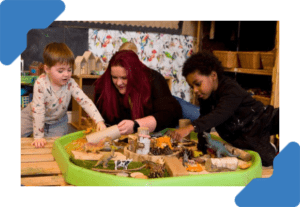 Over the summer we sharing practical guidance from our child development experts on how to create engaging play spaces, fun, simple, low-cost activities that the whole family can enjoy (including the adults, we promise!) and small actions you can take to help you and your child get the most from it. Follow us on Instagram or Facebook to enjoy and benefit from our summer of play and, If you’d like to receive guidance and play activities from our child development experts direct to your inbox, please sign up to our newsletter.
Over the summer we sharing practical guidance from our child development experts on how to create engaging play spaces, fun, simple, low-cost activities that the whole family can enjoy (including the adults, we promise!) and small actions you can take to help you and your child get the most from it. Follow us on Instagram or Facebook to enjoy and benefit from our summer of play and, If you’d like to receive guidance and play activities from our child development experts direct to your inbox, please sign up to our newsletter.
 We appreciate that it might feel hard to feel playful or find time to play when we feel worried, anxious or stressed. If you’re struggling with any aspect of family life, or just need a sympathetic ear, you can contact our FamilyLine service for free emotional support and guidance.
We appreciate that it might feel hard to feel playful or find time to play when we feel worried, anxious or stressed. If you’re struggling with any aspect of family life, or just need a sympathetic ear, you can contact our FamilyLine service for free emotional support and guidance.


